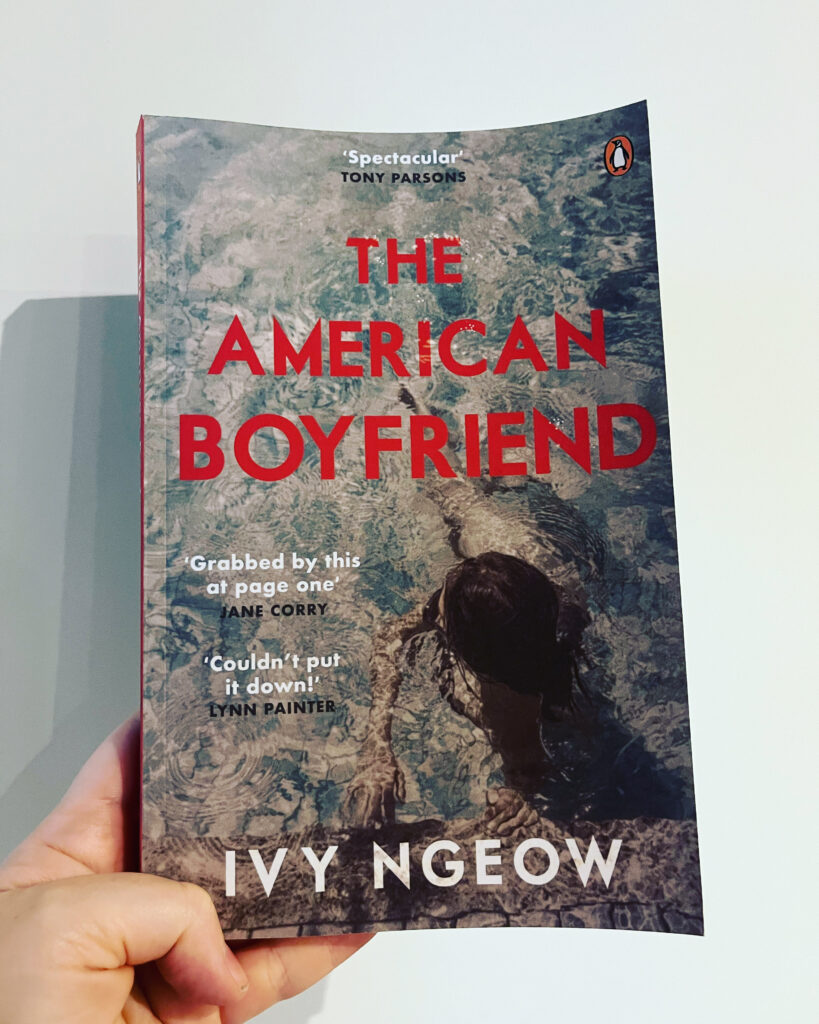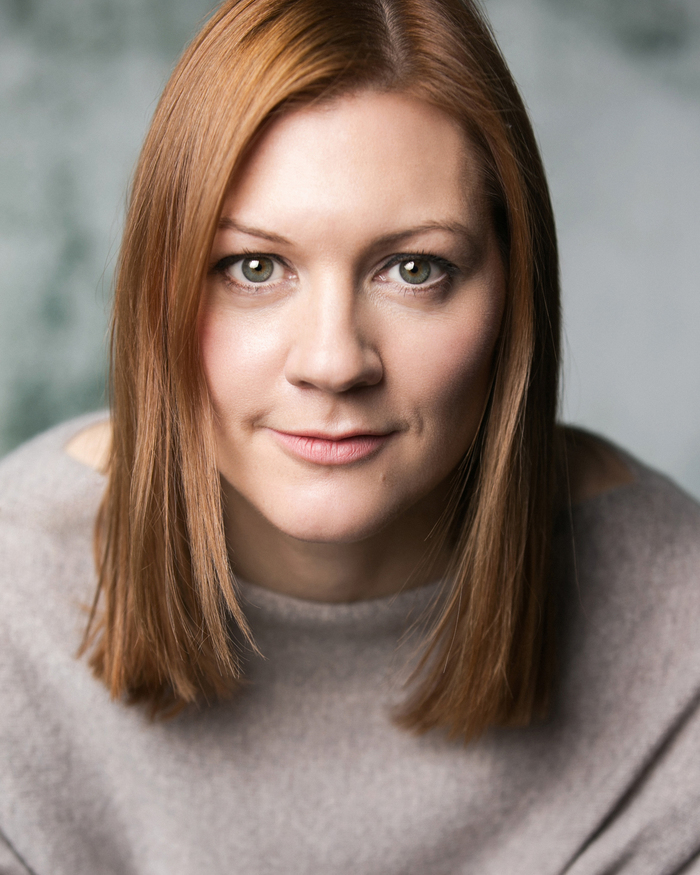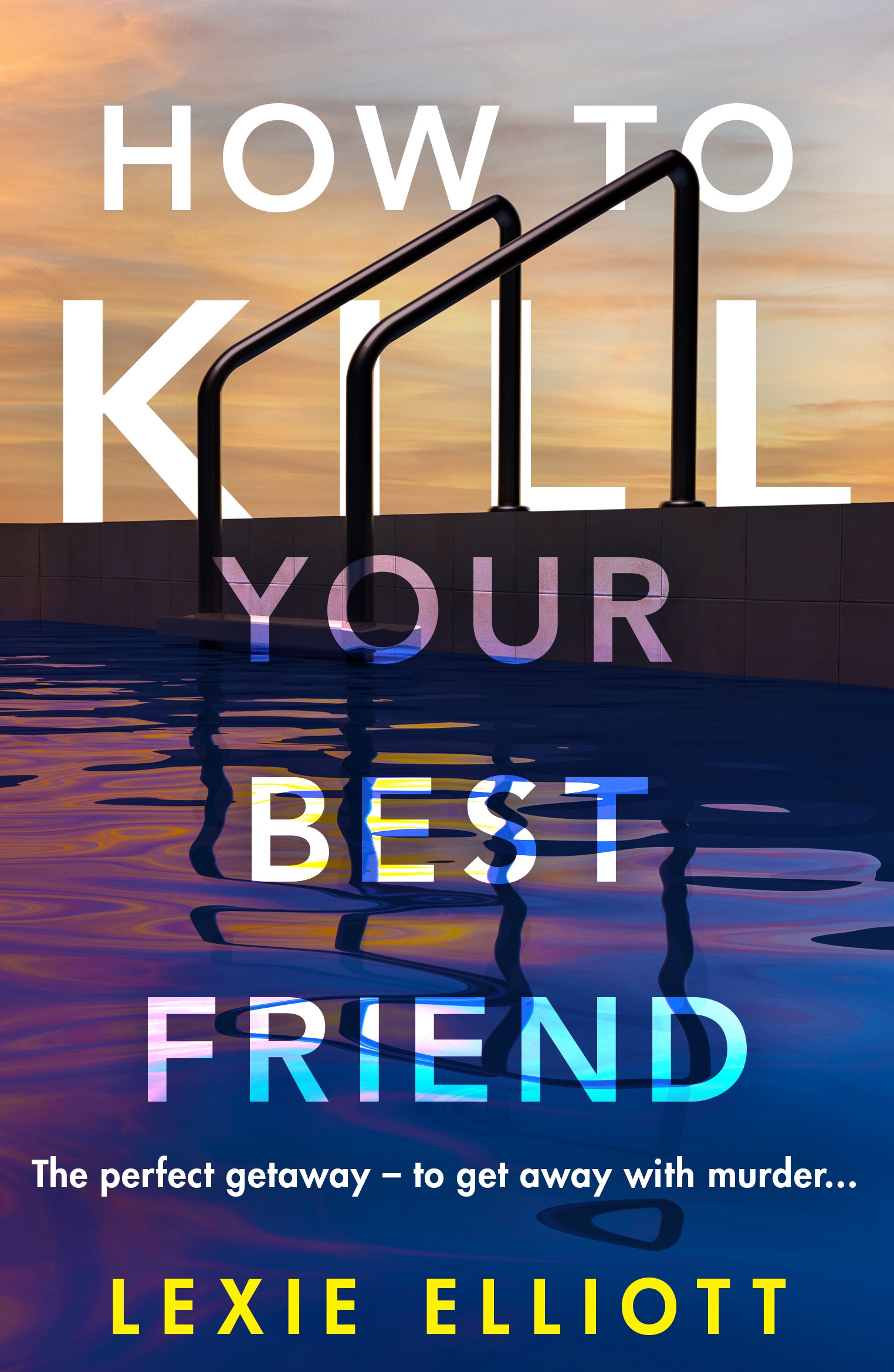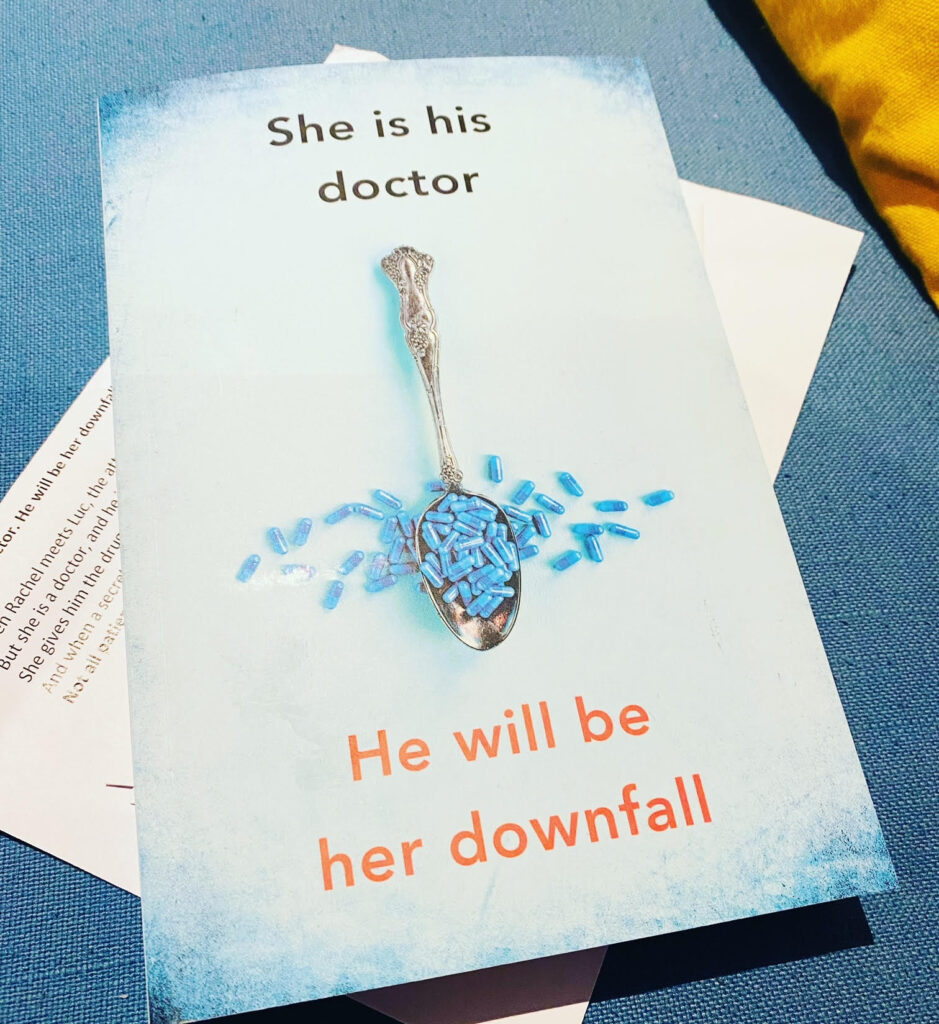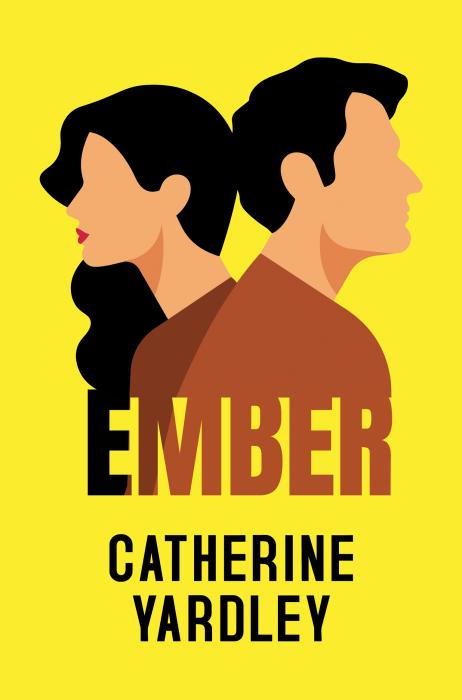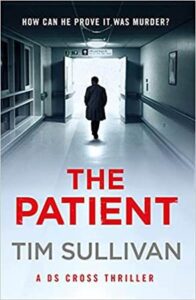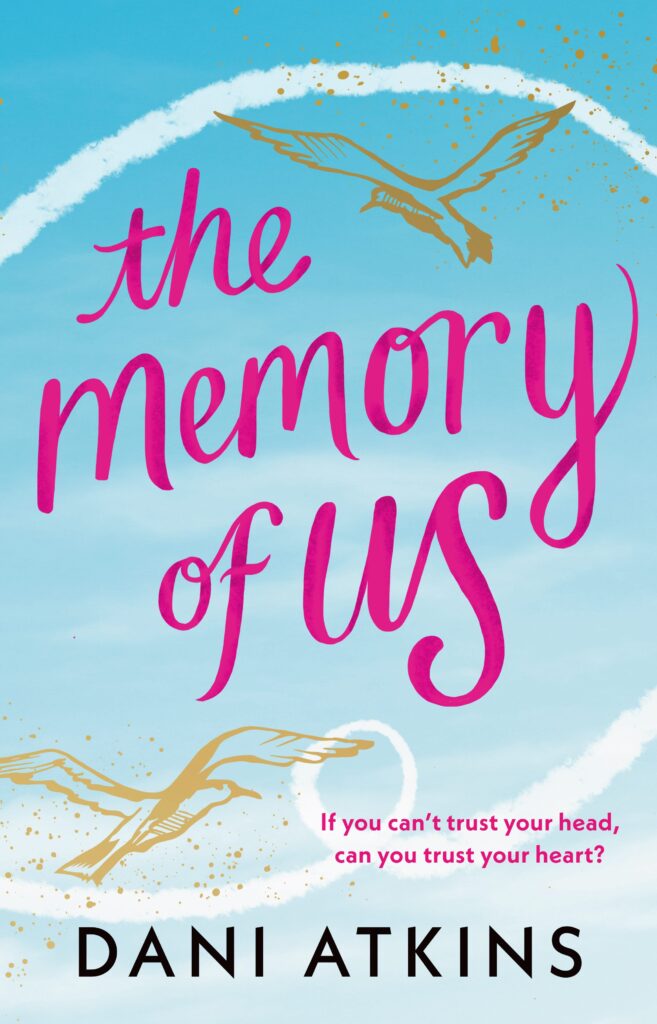
The Memory of Us is a fantastic book. How long did it take you to write it?
The Memory of Us took approximately one year to write. I don’t write particularly quickly and
would panic if I had to produce a book any faster.
When I gave up work to write full-time I thought I’d begin at nine o’clock and work through
until five (with an hour for lunch, of course). It wasn’t long before I realised I’m not disciplined
enough for that.
People might be surprised it takes me twelve months to write a book, but I’m just amazed it
doesn’t take even longer!
Where did the idea come from?
My books have recurring themes of love, family, and friendship, often set against a life
changing moment or event. From the outset I knew I wanted this story to feature two sisters
and the unshakeable bond between them. Lexi and Amelia were a joy to write, and I miss
spending time with them.
The book has many themes. How did you manage to thread them all together so well?
I’d like to say it was a result of meticulous planning – except I don’t plan at all. However, I
knew the important plot points, so it was a matter of letting the story unfold naturally and
trusting everything would fall into place.
What is your writing routine like?
My day starts with a dog walk, when I’ll formulate my plan for that day’s writing and often get
ideas for conversations between characters.
Before I begin, I go back and edit the previous day’s work. I know many authors prefer to
keep their eye on the finishing line, but I’m not happy going forward if I think there’s
something that needs fixing.
Mornings are not my most productive time, so it’s mid to late afternoon before I usually hit
my stride.
Before turning off my computer I read that day’s work out loud. I find this to be a useful way
of checking both the pace of the story and the authenticity of the dialogue.
What advice would you give writers who want to maintain a career?
First, to keep reading in many different genres. Seeing how authors tackle a story, handle
the pace, the dialogue and the plot can be very inspiring. It motivates you to bring all you
have to the table the next time you begin to write.
Next, is to just write. Don’t tell yourself that ‘one day I’ll write a book’. Do it. Do it now. It’s
easy to think you don’t have time to write, but you just need to be disciplined and
determined. Don’t set impossible goals. If you aim for just 1000 words a day, in three months
you’ll have a novel.
Lastly, write the book that’s in your heart. It’s more important to be aware of current literary
trends than it is to follow them. At the end of the day, you must write the book you want to
write and tell the story you have to tell. Perhaps it isn’t the same one that everyone is
reading right then; perhaps you are bucking the trend… but it’s just possible you’re starting a
new one.
What’s next for you?
My next book is well underway and has a working title of PROMISE ME – although I’m sure
that will change – they usually do. It is another emotional drama with some strong characters
who I hope people will fall in love with every bit as much as I’ve done. I don’t want to reveal
too much more, but I will say that I made myself cry writing the very first chapter, which was
a first for me.
The Memory of Us’ by Dani Atkins is just published by Head of Zeus in hardback. I loved it. It is a beautiful and heartfelt novel which takes many themes and ties them together beautifully. The characters are divine and I adored the love story. I was fully immersed in this beautiful book. Superb writing mixes with a novel that keeps you guessing all of the way. I can’t recommend it enough.

